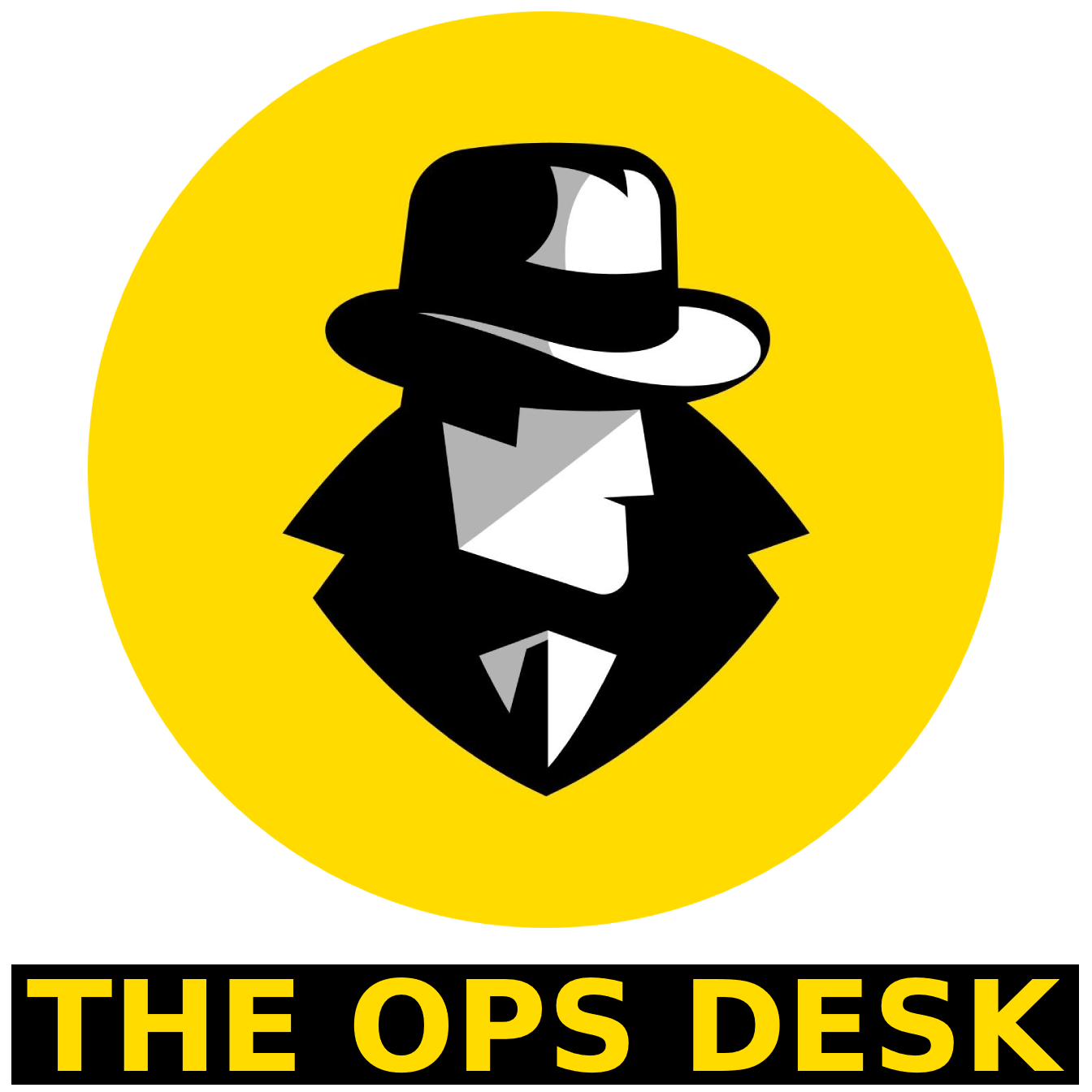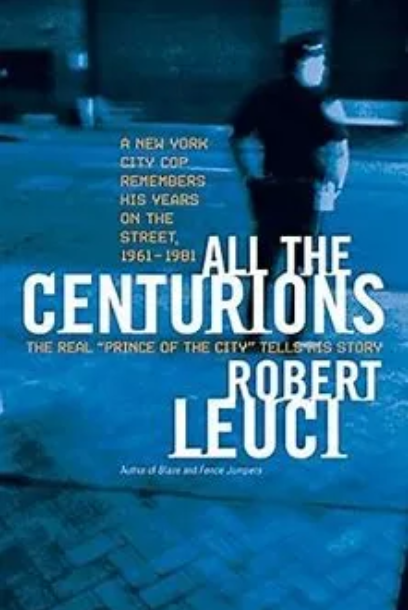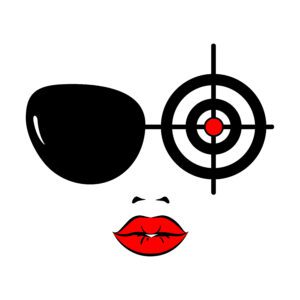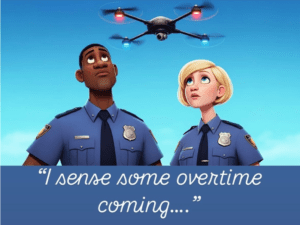On December 5, 1933, the 21st Amendment to the Constitution was ratified. This ended the United States’ failed attempt at the national prohibition of alcohol. Beer was back on the menu.
The national ban on intoxicating spirits was the 18th Amendment and known as the Volstead Act. It went into effect on January 17, 1920 at 0001 hours. On January 17, 1920 at 0059 six armed men removed $100,000 worth of “medicinal whiskey” from train cars in Chicago. Crime was going up and would continue to go up as the underworld responded to America’s new illicit need. Although there were no FBI Uniformed Crime Reports at the time, it is estimated that homicides rose more than 65% during the 1920’s.
Organized Crime, which existed before the Volstead Act, began to flourish. They were able to move quickly to bootlegging liquor into the country. The black market alcohol costs went through the roof and the mafia was there to reap the profits. Manipulating the waterfront officials to allow illegal shipments was easy. The law was unpopular, so why not make a few bucks allowing crates of whiskey in? That attitude could also be found in the police departments and politicians around the country. Soon vast networks of corruption were firmly established in places like New York and Chicago. As the police turned a blind eye (at best), gangs fought each other for territory and resources. In Chicago around 800 gang members died during the years of Prohibition.
Americans had enough of the Volstead Act pretty quickly. It wasn’t until Franklin Delano Roosevelt ran for President in 1932 did a politician promise to take on the temperance movement. FDR vowed to get rid of the ill conceived law. He kept his promise and was able to do so with the 21st Amendment. The end of prohibition did not signify an end to organized crime. They had used prohibition to grow their wealth and influence. It would be decades before they saw their power wane.












